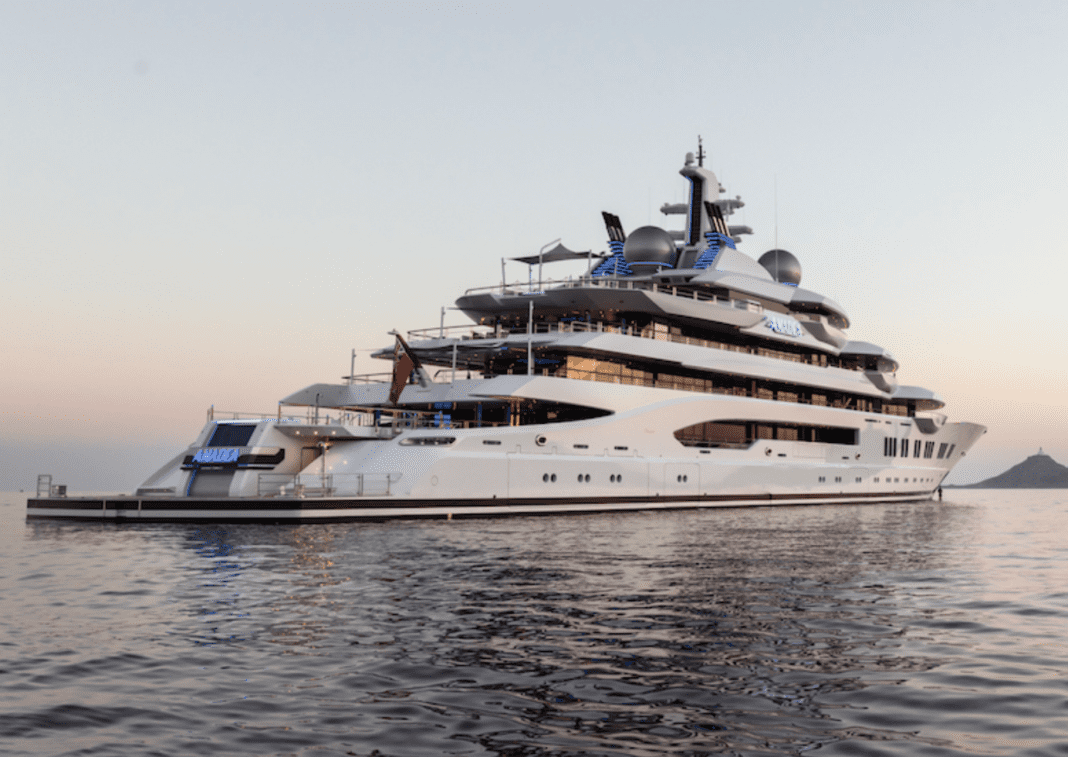The complexities of international sanctions enforcement become evident every single day. The U.S. government has found itself in the costly position of maintaining a seized luxury superyacht, the Amadea, belonging to sanctioned Russian oligarch Suleiman Kerimov. This initiative forms part of the U.S. Justice Department’s broader strategy to exert financial pressure on individuals aligned with the Kremlin.
The seizure of the Amadea, a striking 348-foot luxury vessel, allegedly represents a significant victory for the U.S. prosecutors. It was confiscated while moored in Fiji in 2022, thanks to the collaborative efforts of the local law enforcement and the FBI, acting upon a request from the U.S. The vessel, directly linked to billionaire Russian politician Suleiman Kerimov, a figure targeted by U.S. sanctions, has since been berthed in San Diego.
Kerimov, whose wealth stems from the gold industry, is accused by U.S. prosecutors of contravening U.S. sanctions by engaging the U.S. banking system for the yacht’s expenses. The operation to seize and maintain the Amadea is part of the task force’s mission to hold Kremlin-adjacent Russians accountable for their actions.
However, the financial burden of maintaining such opulence has proven to be substantial, with the U.S. government reportedly spending close to $1 million per month, CNN reports. This staggering sum encompasses the yacht’s maintenance, insurance, and occasional additional costs, such as dry docking, totaling an expense of approximately $20 million thus far.
In light of these escalating costs, federal prosecutors have sought judicial permission to sell the yacht. According to the U.S. Marshals Service, a recent appraisal pegged the Amadea’s value at $230 million. The justification for the sale is clear: to alleviate the financial strain on U.S. taxpayers by eliminating the nearly million-dollar monthly expense.
The request to sell, however, faces opposition from Eduard Khudainatov and Millemarin Investments, who have laid claim to the superyacht. They have proposed to reimburse the U.S. government for the maintenance costs in exchange for the yacht’s return, arguing that the decision to seize the Amadea, and thus burden U.S. taxpayers with its upkeep costs, was a unilateral action by the government.
The unfolding saga of the Amadea not only highlights the intricate dance of international law and politics but also raises questions about the financial implications of enforcing sanctions. As the legal battle continues, the fate of the Amadea hangs in the balance, symbolizing the high stakes involved in global diplomacy and justice.
